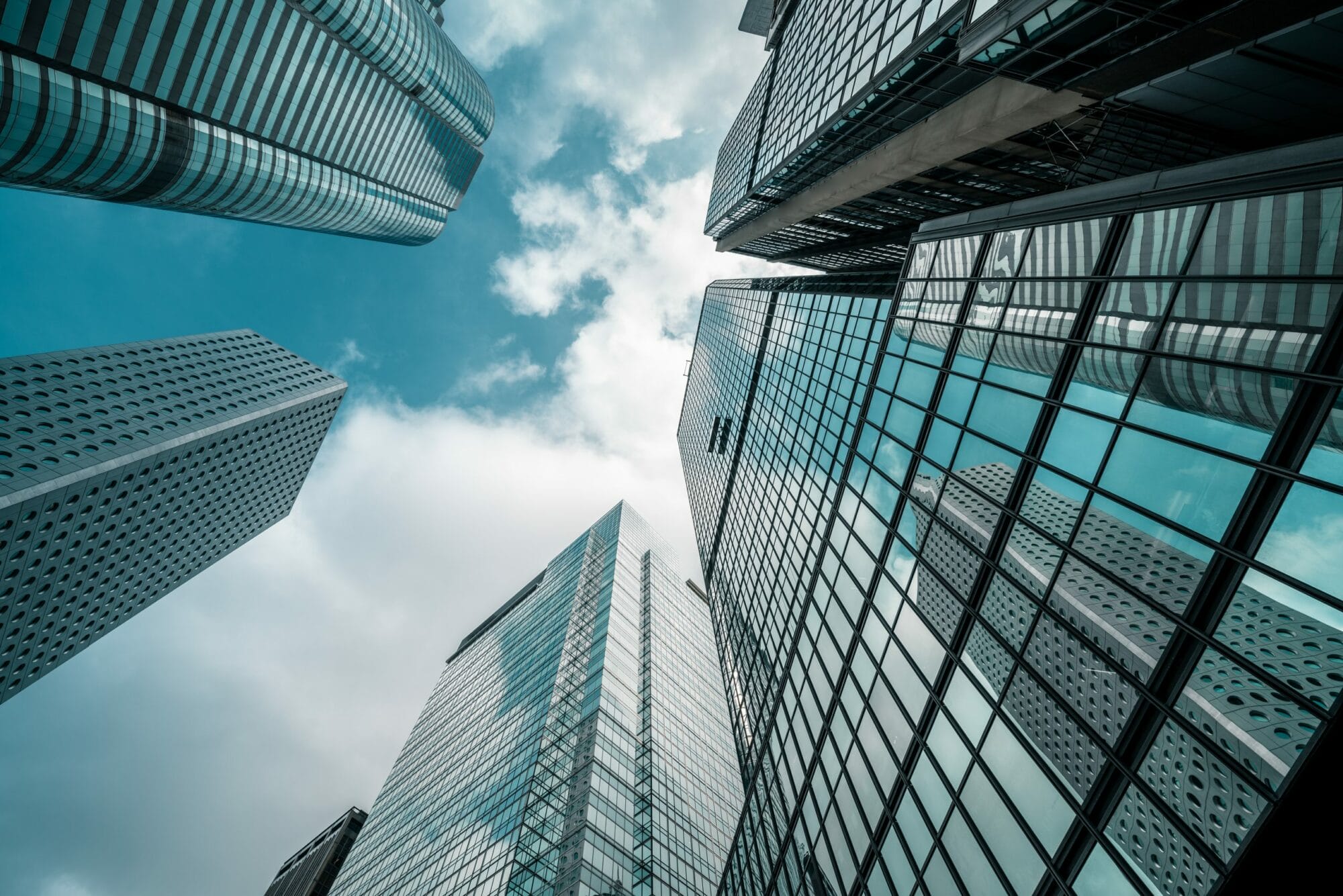By Emily Badger | The New York Times
There is an aging office building on Water Street in Lower Manhattan where it would make all the sense in the world to create apartments. The 31-story building, once the headquarters of A.I.G., has windows all around and a shape suited to extra corner units. In a city with too little housing, it could hold 800 to 900 apartments. Right across the street, one office building not so different from this one has already been turned into housing, and another is on the way.
But 175 Water Street has a hitch: Offices in the financial district are spared some zoning rules that make conversion hard — so long as they were built before 1977. And this one was built six years too late, in 1983.
“There’s nothing about that building — its construction, its mechanicals, its structural engineering — that prevents it from being converted,” said Richard Coles, the managing partner of Vanbarton Group, which has developed both conversions across the street. Vanbarton owned and thought hard about converting 175 Water, too. It looked for a time as if New York might change the 1977 cutoff, a simple no-cost reform to spur more conversions that had the support of Mayor Eric Adams and Gov. Kathy Hochul. A mere stroke of a pen would do it, Mr. Coles said.
But that idea died in the State Legislature this spring, along with the rest of the governor’s housing agenda. When Vanbarton concluded no change was coming, it sold the property.
That city block today tells of a problem far larger than the faltering office sector. There, the city has failed to evolve even as so much has changed around it — the needs of residents, the nature of the economy, the rise of new threats like the housing crisis and climate change.
Healthy cities must build new things and rehabilitate old ones. But they also perform regular tricks of transmogrification, turning existing building blocks into something new. Factories become loft apartments. Industrial waterfronts become public parks. Warehouses become start-up offices and restaurant scenes.








